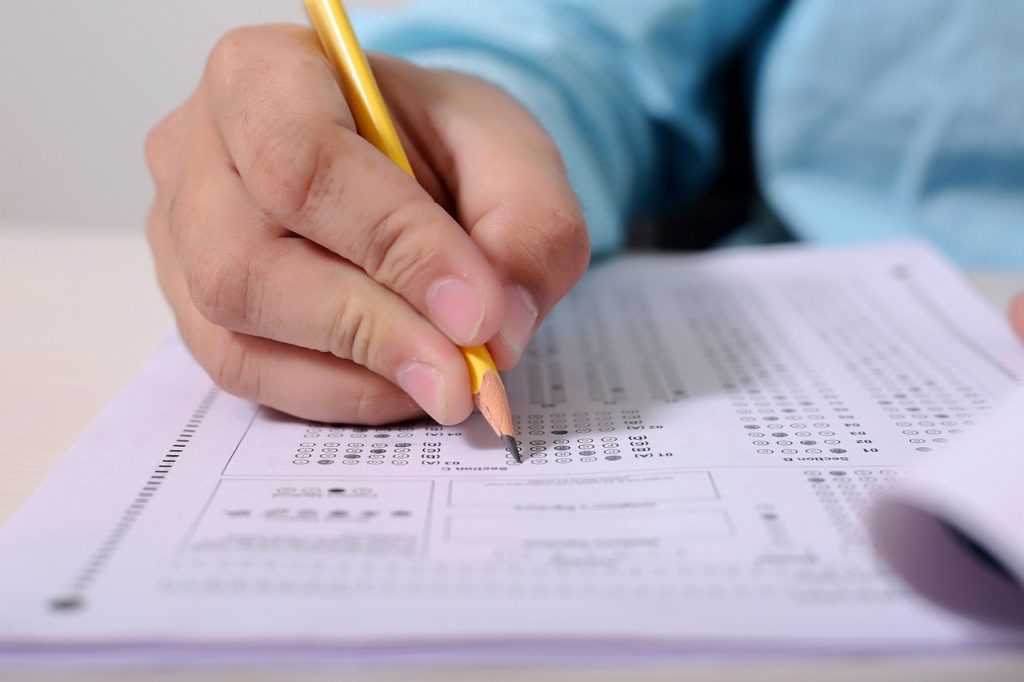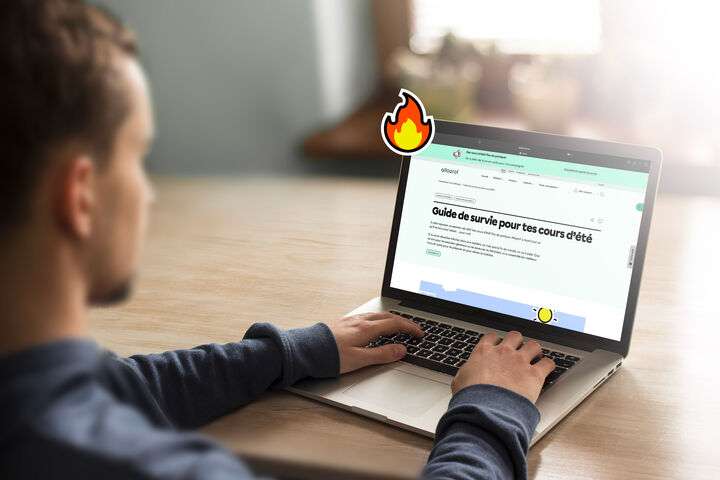Le ministre de l’Éducation du Québec a annoncé récemment qu’il y aura seulement deux bulletins pour l’année scolaire 2020-2021 au lieu de trois. On en discute avec Mélanie Ducharme, conseillère pédagogique en évaluation et responsable de la sanction des études au CSS de Laval.
Mélanie Ducharme rappelle que cette annonce a été accueillie avec soulagement par de nombreux enseignants, puisque cela leur laissera plus de temps pour se consacrer à l’enseignement. Selon elle, cette occasion peut également être l’occasion de resserrer les liens avec les parents et d’offrir des rétroactions constructives d’ici la publication du premier bulletin, à la fin janvier.
En effet, malgré l’annulation du bulletin de la fin novembre, les enseignants sont tenus de fournir une première communication aux parents d’ici le 20 novembre. Ils sont aussi invités à tenir les rencontres de parents qui se déroulent habituellement à ce moment de l’année.
« Observation en classe, conversation, discussion, production, enregistrement audio ou vidéo, toutes les traces laissées par les élèves deviennent prétexte à faire de la rétroaction. C’est le moment de rappeler que ce ne sont pas seulement les examens qui font foi de tout pour qualifier les acquis d’un élève. Il est possible de le situer par rapport aux attentes même s’il n’y a pas eu d’examen ou de notes officielles dans un bulletin », indique Mme Ducharme.
En prévision du bulletin de janvier
La conseillère pédagogique invite les équipes-écoles à revoir dès maintenant leurs attentes en fonction des nouvelles dates de production de bulletin, ainsi que des modalités les entourant. Par exemple, l’ensemble des compétences devra être évalué dans chacun des deux bulletins. Aussi, la pondération des épreuves ministérielles de fin d’année a été revue à la baisse.
Les nouvelles attentes ainsi que la planification qui y est liée pourront être communiquées autant aux élèves qu’aux parents par la suite. « N’hésitez pas à réaliser des capsules audio ou vidéo pour donner des explications. Celles-ci peuvent être écoutées de plusieurs façons pour maximiser la compréhension ». Mme Ducharme suggère aussi de partager des grilles descriptives sur l’évaluation des compétences.
Revoir l’évaluation
Dans tous les cas, le contexte actuel oblige le milieu scolaire à revoir la façon traditionnelle de concevoir l’évaluation. « Nous n’avons pas le choix de voir les choses différemment et de nous adapter », dit-elle. Elle souhaite d’ailleurs que la réorganisation en cours donne lieu à des changements durables en ce qui a trait à l’évaluation et à la rétroaction.
On vous invite à écouter l’entretien complet de Stéphanie Dionne avec Mélanie Ducharme.
Pour d’autres façons de procéder, consultez le module « Évaluer l’enseignement à distance » de la formation J’enseigne à distance de la TÉLUQ.






